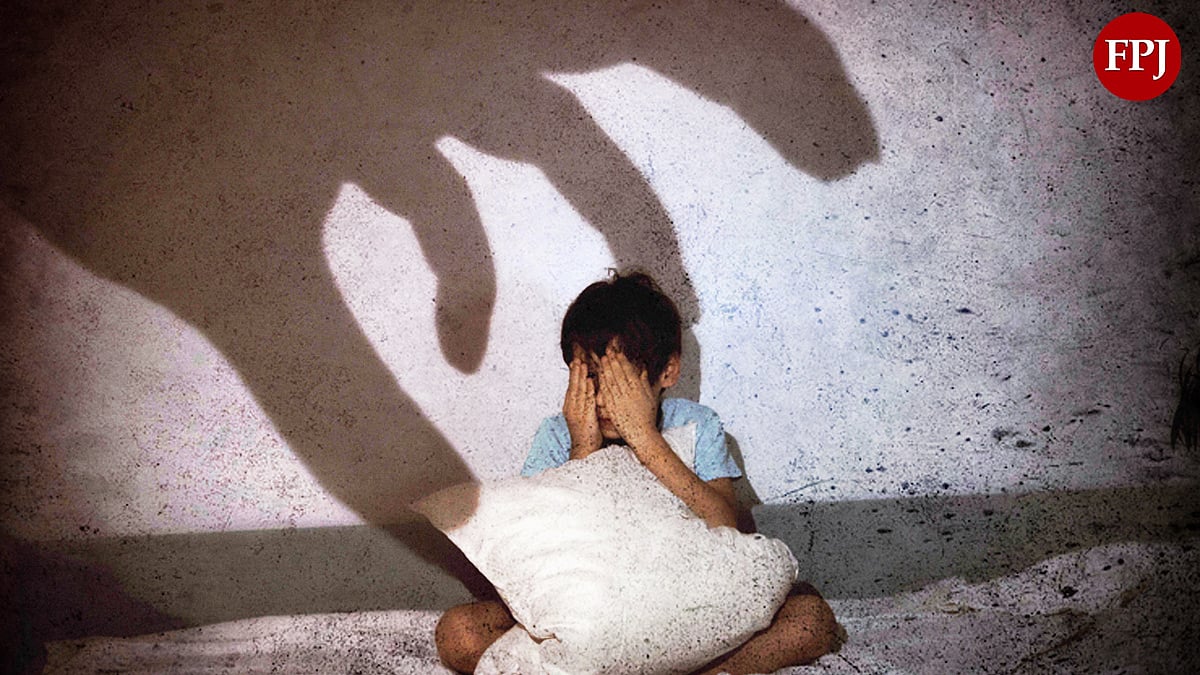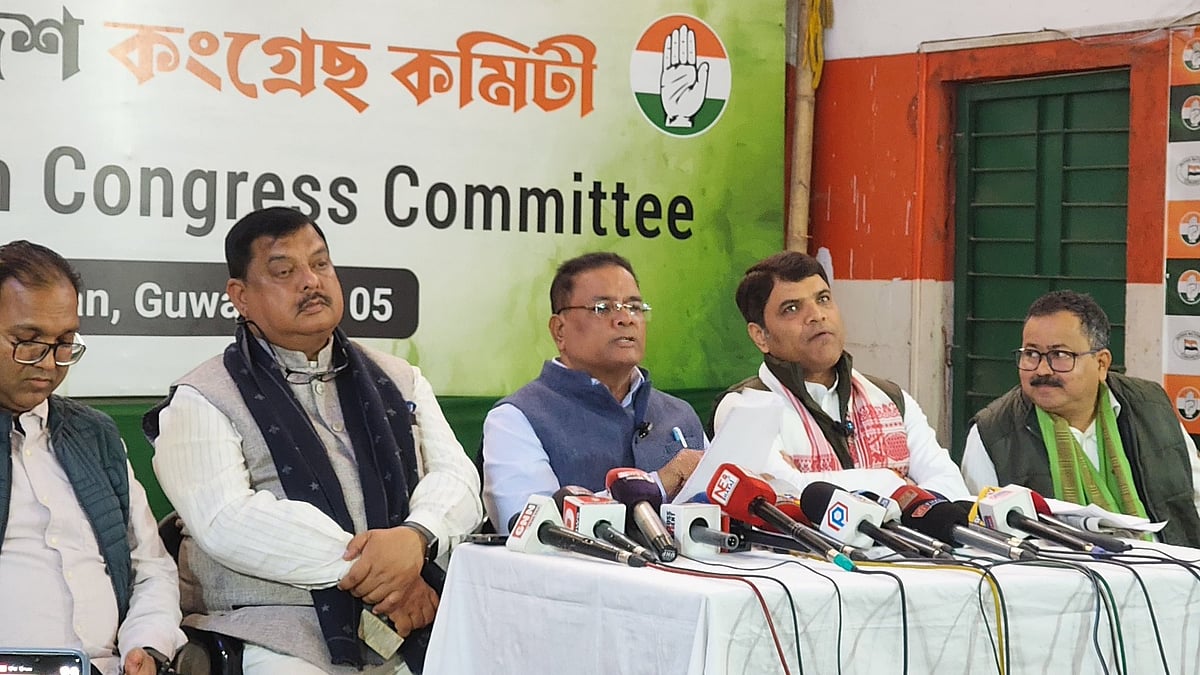The desert state of Rajasthan has demanded to include heat wave and desert locusts attacks in the list of natural disasters National Disaster Response Fund (NDRF). The demand was raised before the Finance Commission that visited the state recently.
In the high-level meeting with the Finance Commission, Rajasthan Chief Minister Bhajan Lal Sharma said “the state faces heat waves almost every year, affecting the livelihood of residents in both rural and urban areas. Furthermore, desert locusts cause damage to crops. Keeping this in mind, the threat of heat wave and desert locusts should be considered as natural disasters and should be included in the definition of natural disaster in the National Disaster Response Fund (NDRF). “
As per the officials this demand has been raised for the first time by the state as heat wave conditions directly impact the demand for electricity and water that put extra burden on the government.

“Rajasthan is a state with vast land area and scattered population; hence it costs more than other states to provide basic facilities like education, medicine and health, drinking water, electricity, communication facilities etc.,” said CM Sharma in the meeting.
This year the heat wave conditions prevailed in the state for almost a month with the maximum temperature remaining above 45 degrees in most of the districts. There were long power cuts as the demand for electricity reached almost one and half times of the normal demand.
The locusts attacks are also a big threat in the desert areas of the state, which faced major crop damage just four years ago. As per report during May-June 2020, the Government of Rajasthan reported crop damage to 33% and more due to locust attack in 2235 hectare area in Bikaner, 140 hectares in Hanumangarh and 1027 hectare area in Sri Ganganagar.

Apart from this, the state also demanded extra assistance for water. CM Sharma said that the irregular and uncertain monsoon is a big challenge for the agriculture-based economy of the state. The state is facing immense difficulties due to limited and continuously decreasing water resources. Due to lack of surface water in the state and greater dependence on groundwater, the groundwater level is continuously falling in all parts of the state. Therefore, the Finance Commission should also consider giving grants for water deficit.









